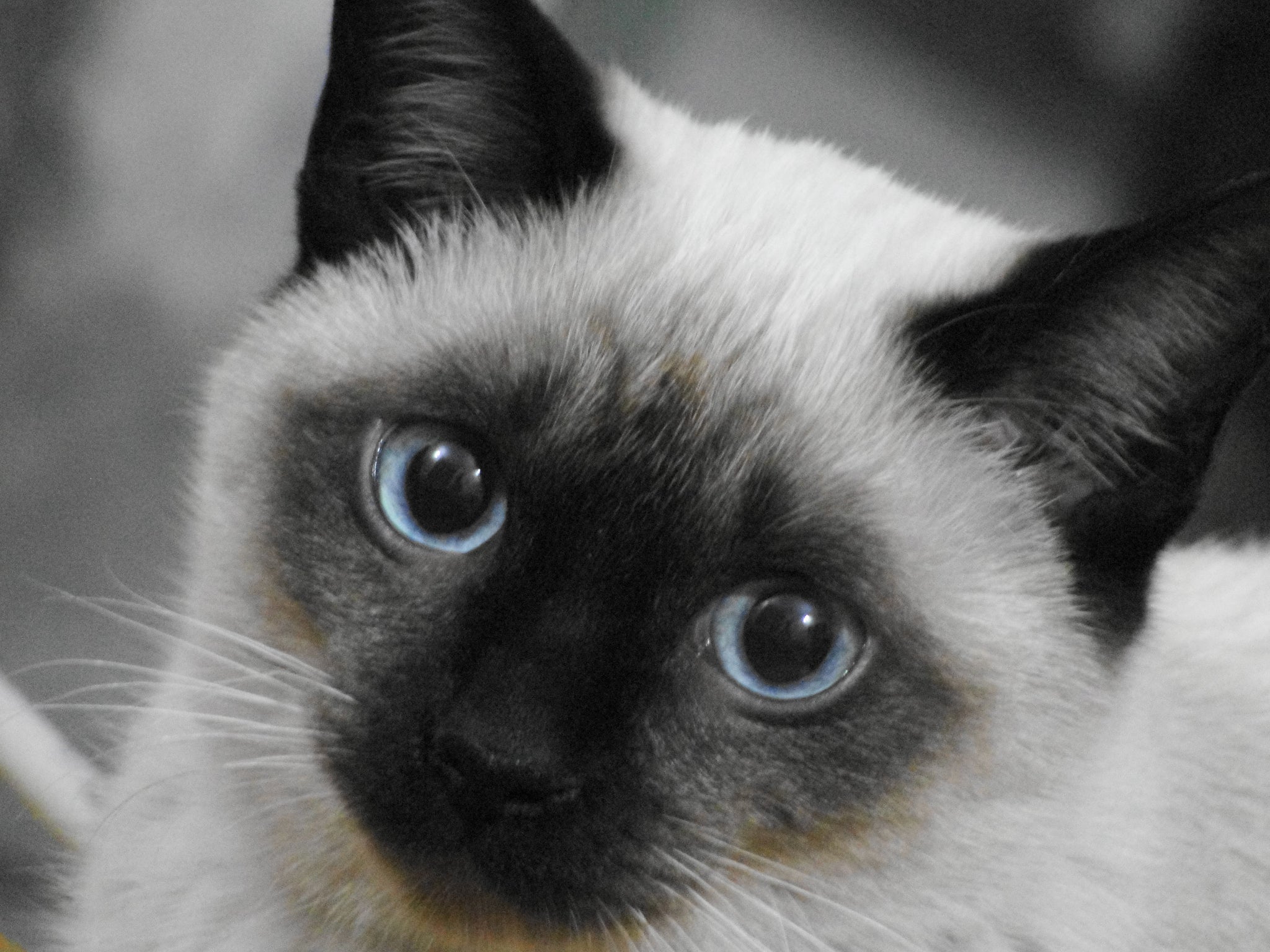Anger as report exposes kitten experiments at top universities
Claims outlined in BUAV report say animals were paralysed, had their skulls cracked open and had electrodes inserted into their brains

Your support helps us to tell the story
From reproductive rights to climate change to Big Tech, The Independent is on the ground when the story is developing. Whether it's investigating the financials of Elon Musk's pro-Trump PAC or producing our latest documentary, 'The A Word', which shines a light on the American women fighting for reproductive rights, we know how important it is to parse out the facts from the messaging.
At such a critical moment in US history, we need reporters on the ground. Your donation allows us to keep sending journalists to speak to both sides of the story.
The Independent is trusted by Americans across the entire political spectrum. And unlike many other quality news outlets, we choose not to lock Americans out of our reporting and analysis with paywalls. We believe quality journalism should be available to everyone, paid for by those who can afford it.
Your support makes all the difference.Animal campaigners have reacted angrily to reports that top UK universities had been performing “repulsive” experiments on lab test cats and kittens.
According to claims outlined in a report by the British Union for the Abolition of Vivisection (BUAV) the animals were paralysed, had their skulls cracked open and had electrodes stuck on their brains, ribs and spines in a series of treatments designed to help scientists understand the human body better.
In some experiments, it was claimed kittens were raised in “complete darkness”, while others had their eyelid stitched closed to analyse problems surrounding ‘lazy eye’. Other cats had their lungs deliberately collapsed and were given paralysing drugs to stop them from moving during the procedures.
A document seen by Mail Online listed ten universities that allegedly carried out the controversial practices including University College London, Cardiff University and the University of Glasgow.
University College London screwed plates in to kittens’ skulls before attaching electrodes to their spine to ‘investigate how abdominal nerve cells and muscles work together to allow for normal respiration, coughing and breathing,’ while other universities are said to have raised cats in dark environments to test how brain functions relate to amblyopia, also known as ‘lazy eye’.
All of the cats were anaesthetised, and at least half were given a fatal overdose after the experiments were finished, according to the claims.
Animal campaigners reacted angrily to the allegations.
Andrew Tyler, director of animal rights group Animal Aid told the Mail Online:
“The extreme suffering and stress endured by the cats and kittens used in these repulsive experiments is deeply disturbing to imagine.
“Instead of torturing cats and kittens in perversely cruel experiments, University College London should move into the twenty-first century and embrace the wide range of non-animal methods that are available to scientists and produce valid, human-relevant results.”
Wendy Higgins, of Humane Society International UK, told the Mirror Online that the procedures were “science at its worst.”
“What makes it truly immoral is that these animals are losing their lives in experiments that have little scientific credibility whatsoever,” she said.
The BUAV is delivering a report on lab cat testing to the Home Office within days.
CEO of the BUAV, Michelle Thew, said: “Much of the research is fundamental and the BUAV believes that sophisticated alternative techniques, which do not involve animal suffering, should be used instead. We are calling on the Government to end the cruel use of cats in UK laboratories.”
Reacting to the allegations, a spokesperson for University College London said that the experiments mentioned were carried out in 1992 and 1998, while a University of Cardiff spokesperson said that the research referenced in this latest set of allegations ended in 2010.
A spokesperson for the University of Glasgow said: “Animals are used in important research targeting diseases such as cancer, cardiovascular disease, autoimmune conditions, and parasitic diseases, and only where there are no alternatives.”
“When doing so, the University adheres to extremely strict ethical and welfare guidelines and legislation and all work is licensed by the Home Secretary only when the benefits of doing so are made absolutely clear.”
Join our commenting forum
Join thought-provoking conversations, follow other Independent readers and see their replies
Comments